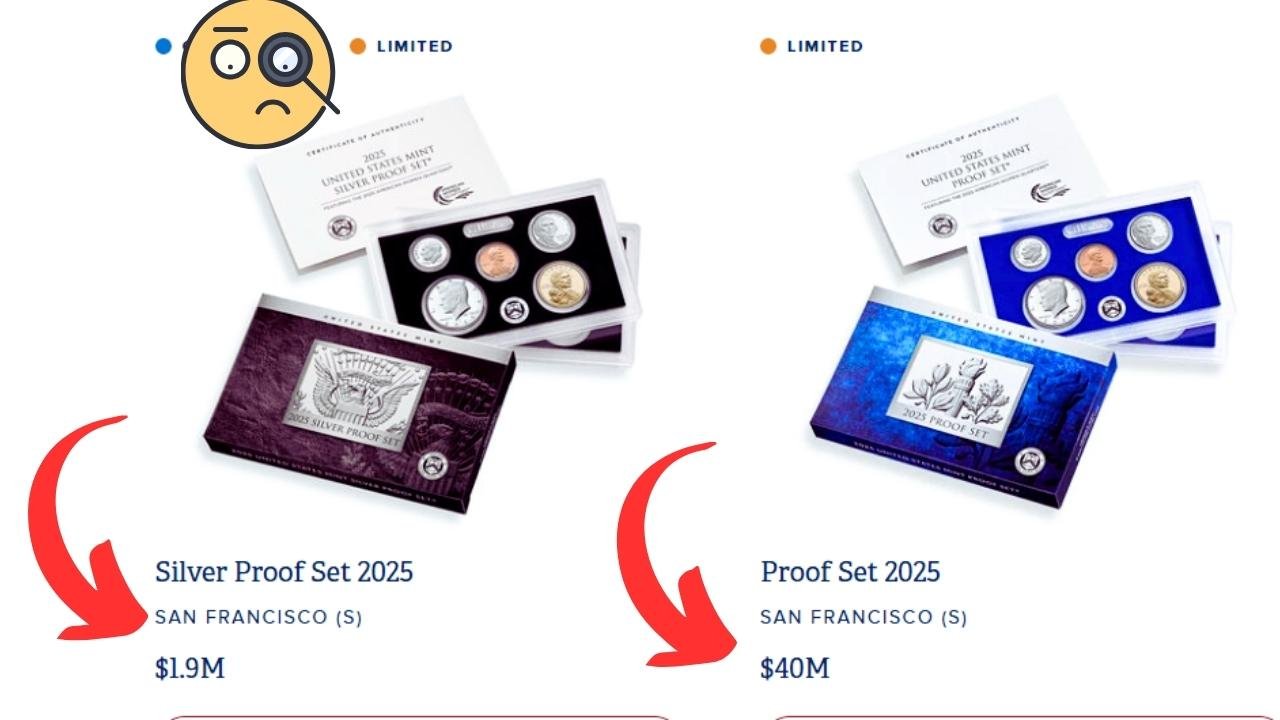A Penny Worth Millions
Most people toss pennies into jars without a second thought, but some rare Lincoln Wheat Pennies could be worth millions. During World War II, the U.S. Mint made pennies from zinc-coated steel to save copper for the war. A few special 1943 and 1944 steel pennies, with unique errors or perfect condition, are now collector’s treasures. These coins, with wheat stalks on the back, are sparking a modern treasure hunt. Here are five rare steel pennies that could turn your spare change into a fortune.
The Famous 1943 Bronze Error
The most valuable steel penny isn’t steel at all—it’s a 1943 penny accidentally made from bronze. During 1943, pennies were supposed to be steel, but a few bronze ones slipped through. Only about 20 are known to exist, and one sold for $1.7 million in 2010. If you find a 1943 penny that’s copper-colored and doesn’t stick to a magnet, you might be holding a millionaire-maker. These coins are rare, so check carefully and get an expert to verify it.
Other Rare Steel Pennies to Hunt
Besides the bronze error, four other 1943 steel pennies stand out. The 1943-S, minted in San Francisco, is valuable in perfect condition, with some fetching $500,000 at auction. The 1943-D with a doubled mint mark (a faint extra “D”) can go for $100,000 or more. The 1943 Philadelphia penny with doubled lettering, where the date or words look blurry, is another gem, valued up to $200,000. Finally, a 1944 steel penny (a rare error made during the switch back to copper) could be worth over $1 million.
| Penny Type | Details | Estimated Value |
|---|---|---|
| 1943 Bronze | Copper-colored, non-magnetic | Up to $1.7M |
| 1943-S | San Francisco, perfect condition | Up to $500K |
| 1943-D Doubled Mint | Extra “D” mark | Up to $100K |
| 1943 Doubled Die | Blurry date or lettering | Up to $200K |
| 1944 Steel | Steel instead of copper | Up to $1M |
How to Spot These Pennies
To find these treasures, check the date: 1943 or 1944. Most 1943 pennies are silver-colored steel and stick to a magnet, but a bronze one doesn’t. Look for mint marks under the date: “S” for San Francisco, “D” for Denver, or none for Philadelphia. Check for errors like doubled letters or mint marks using a magnifying glass. If you spot something unusual, don’t clean the coin—it lowers the value. Take it to a coin dealer or grading service like PCGS for authentication.
Why Everyone’s Searching
The hunt for rare steel pennies is booming, with stories on platforms like X about lucky finds in old coin rolls or family heirlooms. Collectors are paying big money at auctions, and even regular people are checking their change. A single penny in top condition can change your life, and the thrill of discovery is addictive. Coin shows and online groups are buzzing with tips on spotting these rarities, making it a fun time to join the chase.
Start Your Own Penny Hunt
Ready to look for a million-dollar penny? Dig through old coin jars, family collections, or even change from the store. Focus on 1943 and 1944 pennies, and handle them carefully to keep them in good shape. Join coin clubs or follow X posts from collectors to learn more. Local coin shops can help you identify potential treasures. One small penny could be your ticket to millions, so start checking today.
A Fun Way to Connect with History
Hunting for rare steel pennies isn’t just about money—it’s about touching history. These coins were made during World War II, a time of sacrifice and change. Each one tells a story, and finding a rare one is like uncovering a hidden gem. Whether you’re a collector or just curious, checking your pennies is an exciting adventure. Next time you see a penny, take a closer look—it might be worth a million.
